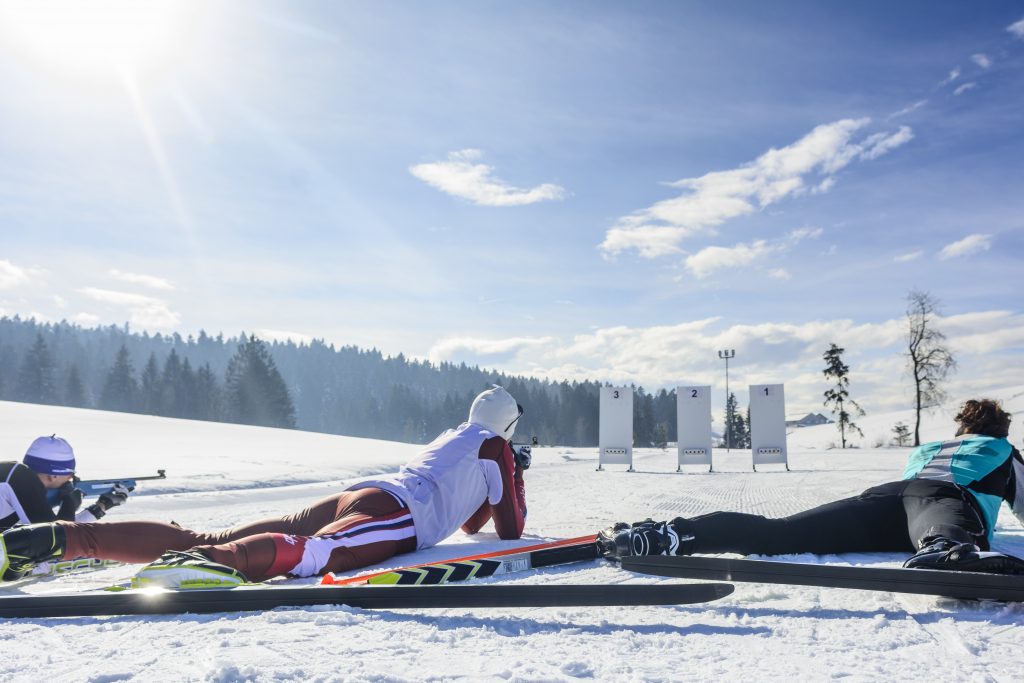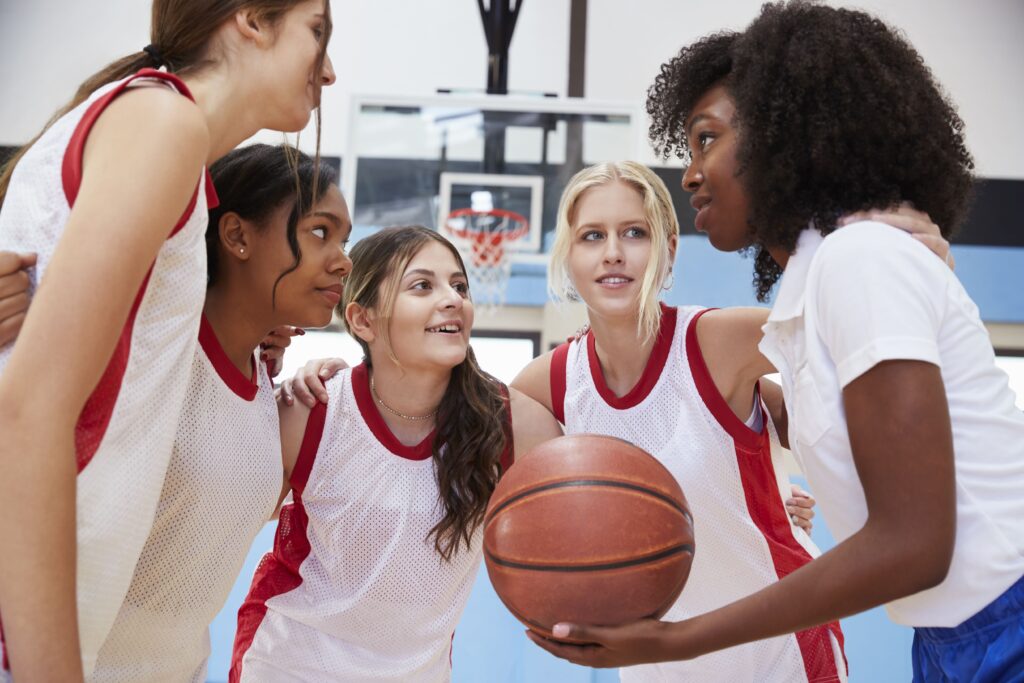Women in sport leadership
What “works” for advancing women into sport leadership positions? E-Alliance is conducting new research to answer this exact question. E-Alliance is exploring how allyship, mentorship and sponsorship, more “formal” and gender equitable hiring processes, and implementing quotas for women as leaders can help to increase women’s leadership in sport.
The mental health strategy for high performance sport in Canada: What national sport organization leaders and staff should know

Highlights Brave testimonies by Canadian athletes such as Clara Hughes, Nadia Popov and Brittany MacLean as well as tragedies like the suicide of university basketball player Alex McLaughlin shed light on the fact that mental health challenges happen to athletes too. Athletes, coaches and support staff have unique needs, demands, pressures and expectations that they…
A new environmental normal in sport
Did you know that travel to-and-from practices and competitions accounts for more than 80% of emissions in sport? The COVID-19 pandemic presents an opportunity for the sport sector to work towards a new ‘environmental normal’ that limits its climate impact. Check out the Sports for Climate Action Framework to learn more about how your sport…
Building capacity for evaluation
While often overlooked, students and volunteers can be great human resources for conducting evaluations in sport. To harness these resources, partnerships between sport organizations and researchers in university-based settings are a good place to start. Researchers can collaborate with sport organizations to build capacity in students and volunteers, while leveraging the diverse experiences and knowledge…
Let them lead: The benefits of shared athlete leadership

In its inaugural season, the Las Vegas Golden Knights, a team of so-called “misfits” patched together from 30 other National Hockey League (NHL) teams, reached the Stanley Cup finals. One reason for their success was that they didn’t assign traditional on-ice captains. Instead, the team philosophy was that there were “23 captains.” According to Golden Knights forward…
COVID-19 program adaptations
Sport organizations were challenged to adapt their programming during the COVID-19 pandemic, offering unique opportunities for program evaluation. While organizations that paused their programs had a chance to step back and formulate new evaluation questions, organizations that changed their programming reported an increased value of evaluation due to shifts in program goals or delivery.
How fraud occurs
Did you know that today is International Anti-Corruption Day? Protect your sport organization from financial fraud by proactively addressing the risk factors. This infographic presents four common indicators to help organizations understand how and why fraud occurs: pressure, rationalization, capability, and opportunity.
Thin Ice
Due to warming temperatures and diminishing amounts of snow, winter sports are particularly vulnerable to the effects of climate change. Research from the University of Waterloo suggests ski resorts in Ontario and Quebec could be faced with winters too short to remain economically viable within 50-60 years if current emissions trends are not curbed. Learn…
Student-led evaluation
Partnerships between universities and sport organizations are a great way to build capacity for activities such as evaluation. For instance, under the mentorship of academic and community leaders, students can put their knowledge and skills into practice to support evaluation practices in sport organizations while achieving their academic requirements. Learn more about engaging students in…
Athletes as stakeholders
“Engaging (athletes) and treating them as the important stakeholders that they are will not only be good for the athletes but also good for the viability and the long-term longevity of sport.” Beckie Scott, 2002 Olympic gold medalist in cross-country skiing and a stalwart in the international anti-doping movement, reflects on the value of having…